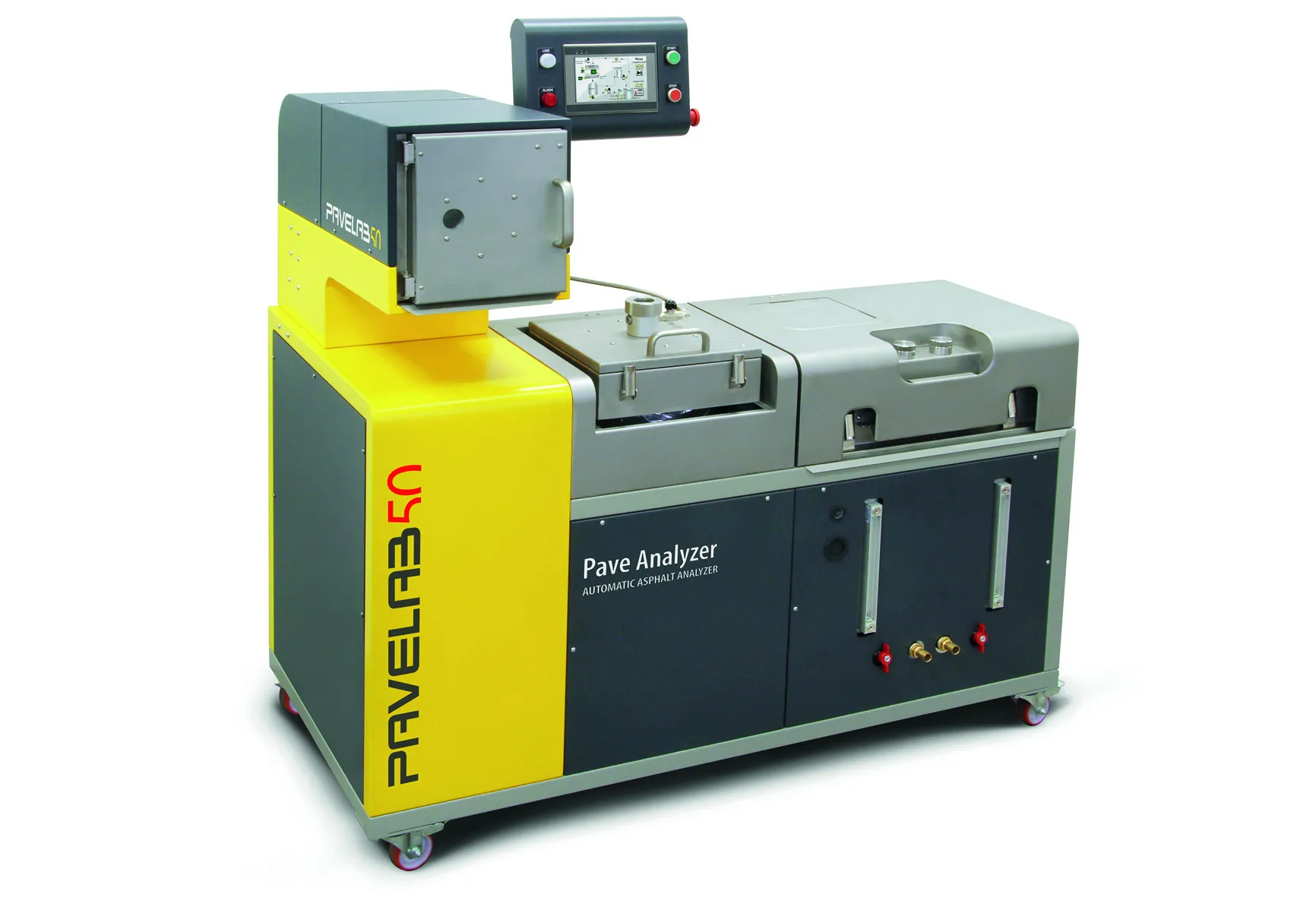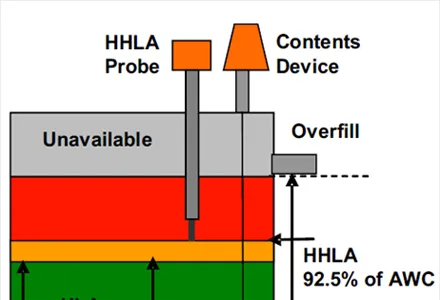The CONTROLS Group is widening its array of asphalt testing technologies. New from the Group is the PAVELAB50. This has been developed by the PAVELAB SYSTEMS division and is an automatic closed loop system for the separation and extraction of bitumen, filler and aggregates asphalt samples. This uses solvents, according to ASTM D2172 and EN 12697-1. The test methods are used for measuring bitumen in hot-mixed paving mixtures and paving samples for specification acceptance, service evaluation, control and res
March 3, 2016
Read time: 2 mins

The 2139 CONTROLS Group is widening its array of asphalt testing technologies. New from the Group is the PAVELAB50. This has been developed by the PAVELAB SYSTEMS division and is an automatic closed loop system for the separation and extraction of bitumen, filler and aggregates asphalt samples. This uses solvents, according to ASTM D2172 and EN 12697-1. The test methods are used for measuring bitumen in hot-mixed paving mixtures and paving samples for specification acceptance, service evaluation, control and research. The machine is offered in two versions, with one including an innovative balancing system. The sample can be weighted at the end of each stage and related data is recorded and used for automatic result calculation.
The latest development in bitumen testing systems match the new fully automatic penetrometer PIVOT conforming to all the main international standards. The penetration needle is lowered with high precision by a stepper motor and the starting point is detected automatically. The device is zeroed and the penetration test is automatically performed with fully user-defined parameters without any operator intervention. The penetration value is measured by a high-resolution contactless displacement transducer and recorded in a portable USB memory stick. The operator interface is a colour touchscreen with multiple functions, including the real time display of penetration/time curve.
Another new system on display is the new Rolling Thin Film Oven RTFOT, it determines the resistance to hardening under the influence of heat and air. The oven has a touch-screen color display control panel, including timer function, visual warnings and digital air flow indicator. Standard’s temperature requirements (time to reach target temperature after switch on, target temperature adjustment after samples insertion) are fulfilled and exceeded.
The latest development in bitumen testing systems match the new fully automatic penetrometer PIVOT conforming to all the main international standards. The penetration needle is lowered with high precision by a stepper motor and the starting point is detected automatically. The device is zeroed and the penetration test is automatically performed with fully user-defined parameters without any operator intervention. The penetration value is measured by a high-resolution contactless displacement transducer and recorded in a portable USB memory stick. The operator interface is a colour touchscreen with multiple functions, including the real time display of penetration/time curve.
Another new system on display is the new Rolling Thin Film Oven RTFOT, it determines the resistance to hardening under the influence of heat and air. The oven has a touch-screen color display control panel, including timer function, visual warnings and digital air flow indicator. Standard’s temperature requirements (time to reach target temperature after switch on, target temperature adjustment after samples insertion) are fulfilled and exceeded.









